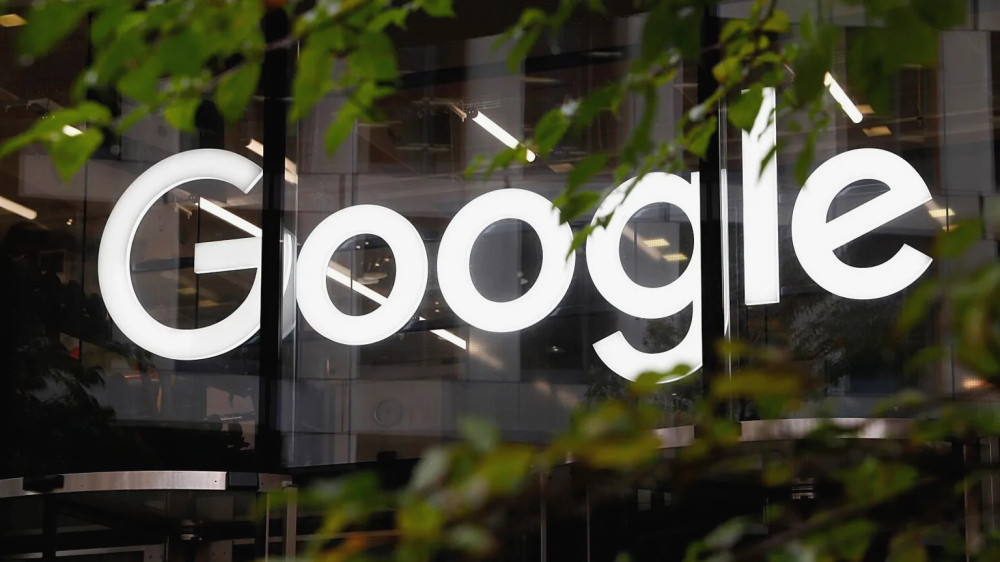Court Ruling on Google's Dominance in Search Market
A federal judge in the United States ruled that Google will not have to sell its Chrome browser and Android operating system but must share data with competitors, according to BBC.
The ruling by Judge Amit Mehta follows years of legal battles regarding Google's dominance in the internet search market. The case centered on the company's status as the default search engine on its own products like Android and Chrome, as well as on devices made by other manufacturers, including Apple.
The US Department of Justice had sought to force Google to sell Chrome. However, the court decided that the company could keep it but must refrain from exclusive contracts and share search data with competitors.
Google had proposed less drastic measures, such as limiting revenue-sharing agreements with companies like Apple that make Google the default search engine.
The company hailed the ruling as a victory, claiming that it was influenced by advancements in artificial intelligence. "Today's ruling recognizes how much the industry has changed due to the emergence of AI, providing people with far more ways to find information. This confirms what we have said since the beginning of the proceedings in 2020: competition is fierce, and people can easily choose the services they prefer," Google stated.
Judge Mehta had previously acknowledged that Google employed unfair practices to achieve monopoly power, but this time noted that a complete sale of Chrome was an "inappropriate remedy."
"Today's ruling agrees with the need to restore competition in a search market long dominated by one player, and we are now weighing options to evaluate whether the court's decision is effective enough," Deputy Attorney General Abigail Slater wrote on X.
Shares of Alphabet, Google's parent company, rose more than 8% following the announcement of the ruling.
Smartphone manufacturers like Apple, Samsung, and Motorola will also benefit. Previously, Google paid billions to these companies to pre-install or promote its products on their devices, but such exclusive agreements will now be prohibited. In 2021, Google spent over $26 billion on this.
Now, companies can pre-install other search engines, browsers, or AI assistants alongside Google products. At the same time, Google will still be able to pay partners to set its services as the default.
Analysts view the ruling as positive for large corporations.
"Apple also benefits, as Google will now have to renegotiate its search engine deal annually," said Gene Munster of Deepwater Asset Management.
However, competitor DuckDuckGo criticized the ruling. "This does not force Google to change its illegal behavior. As a result, consumers will continue to suffer," said founder and CEO Gabriel Weinberg.
Meanwhile, Google's legal troubles are far from over: another trial regarding the company's illegal monopoly in the online advertising market is set to begin this month.
In August 2025, it was revealed that Google would pay $30 million to settle a case in which plaintiffs accused the company of violating the privacy of underage YouTube users by collecting their personal data without parental consent and using that information for targeted advertising.








